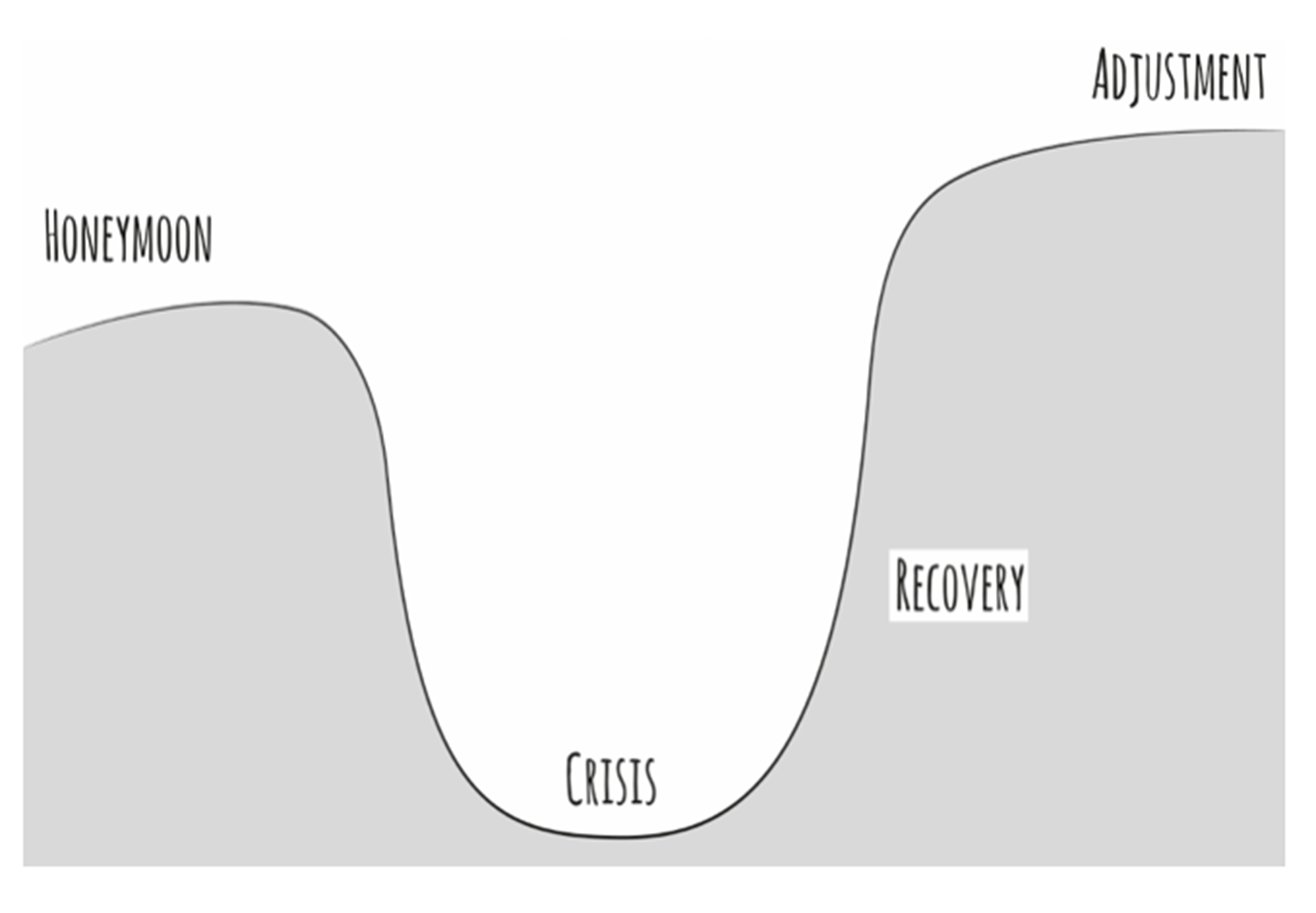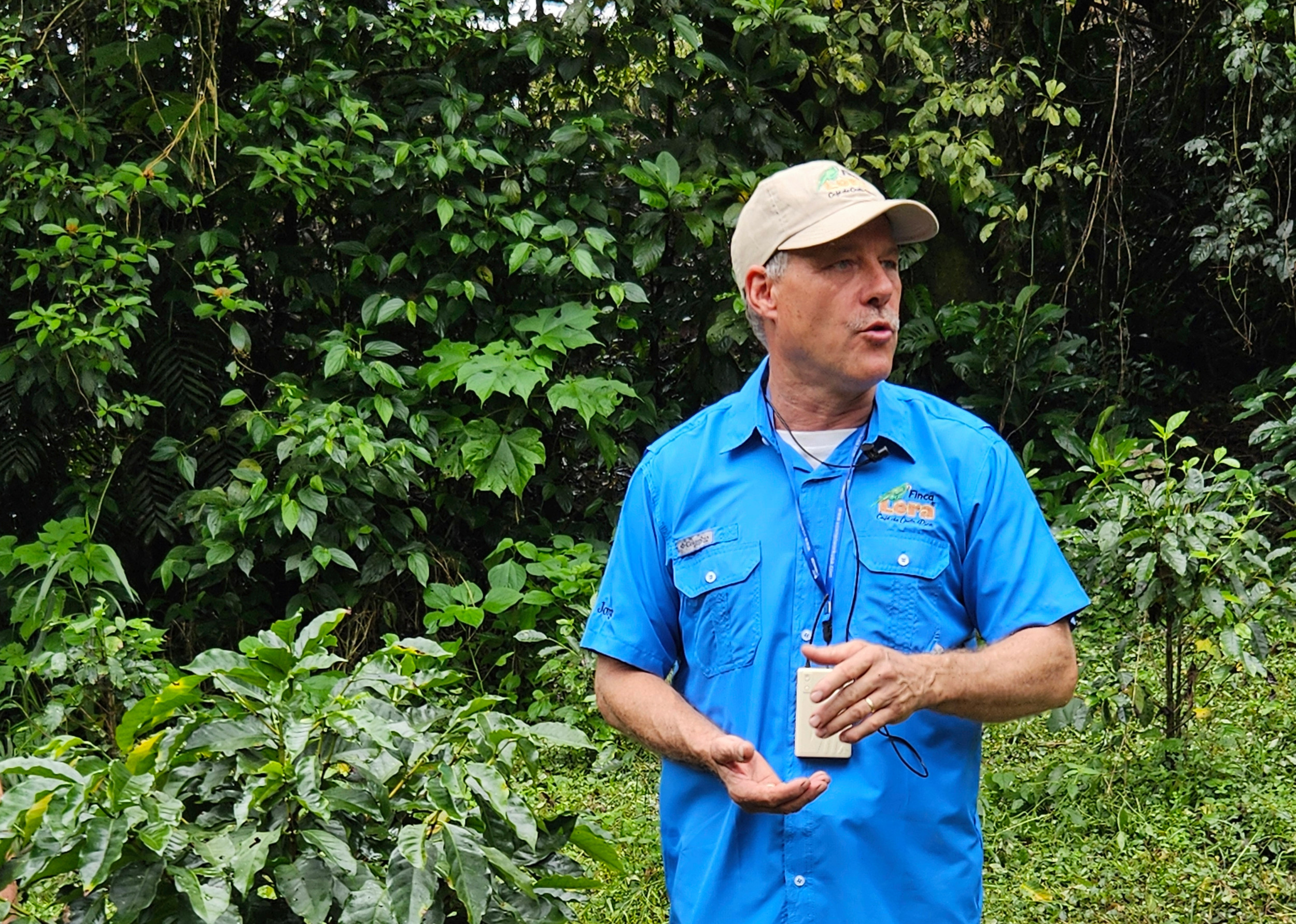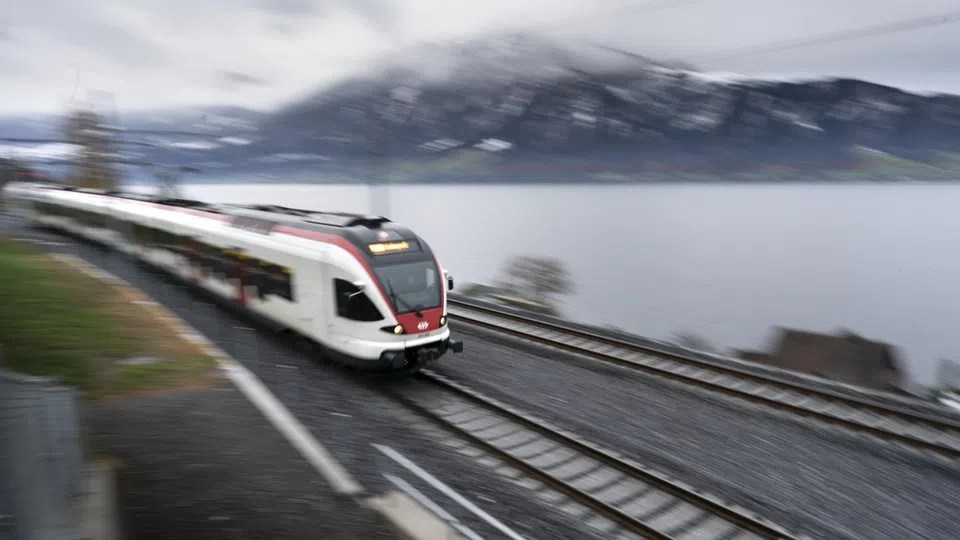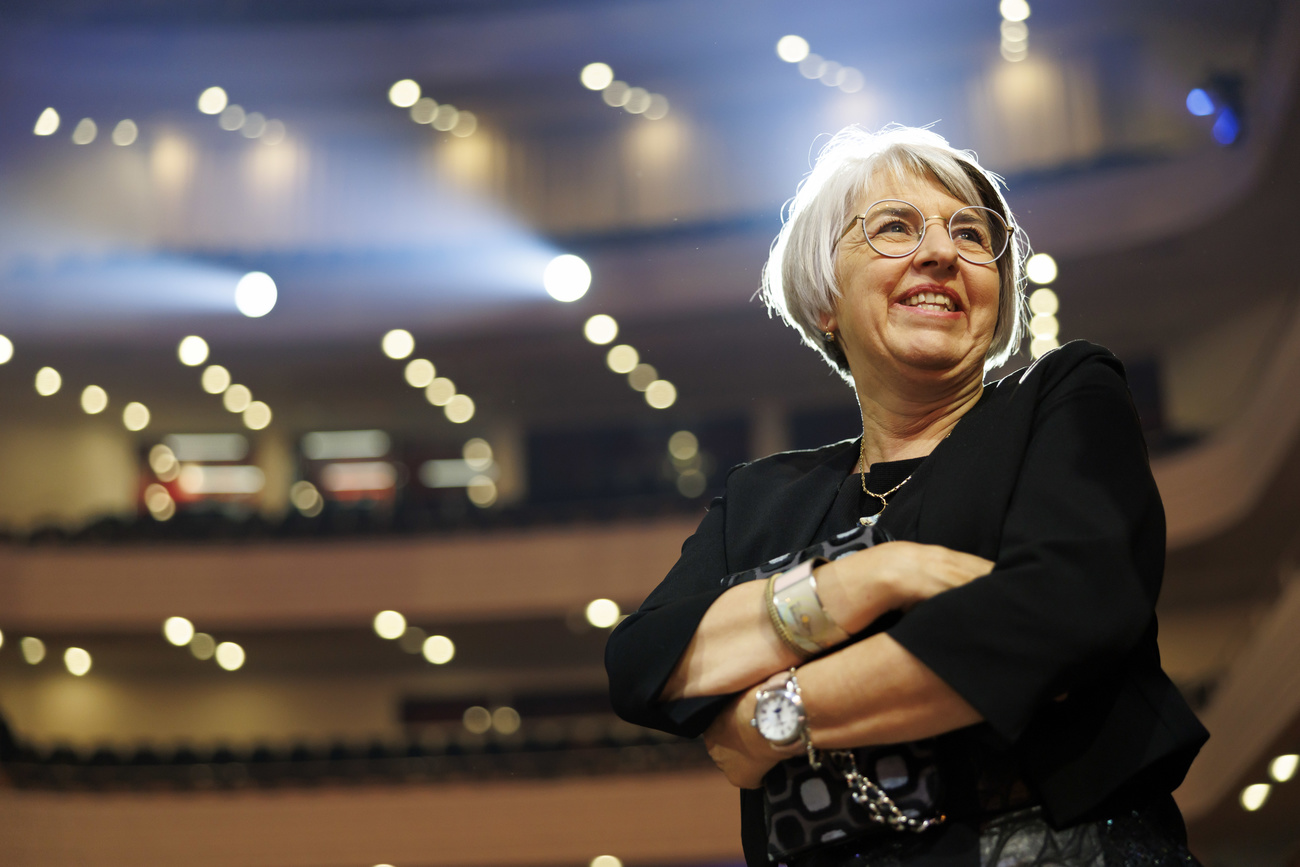

Switzerland Today
Dear Swiss Abroad,
Anyone who dares to emigrate is rewarded with happiness. It's not always that simple, but various recent studies suggest that it might be.
In the case of Jürg "Jorge" Rade from Maienfeld in canton Graubünden, this seems to be true. He not only found his love in Costa Rica, but also his vocation: as a pastor and coffee farmer.
Have you found happiness abroad? We'd love to hear from you. Write and tell me all about it.
Best regards from Biel.

Around 60 Swiss nationals live in Syria. No Swiss consular assistance is planned for them – no requests have been received.
The fall of Syria’s dictator Bashar al-Assad is also a matter of concern for Switzerland. Firstly, authorities are asking themselves how the new circumstances will affect the asylum sector in the long term. Since Syria’s civil war began in 2011, over 25,000 people have sought asylum in Switzerland. This represents a ten-fold increase in the Syrian diaspora in Switzerland, NZZ estimates.
Around 84% of Syrians who came to Switzerland were granted asylum status or temporary admission. This could change in the future. As soon as stable structures are recognisable, the asylum practice will be adjusted, if necessary, a spokesperson for the State Secretariat for Migration (SEM) told Swiss media.
In a statement on Sunday, the Swiss foreign ministry called on all parties to “comply with international humanitarian law and work towards peace and reconciliation”.
It also announced that no requests for consular assistance had been made by Sunday afternoon. There were no organised departures of Swiss citizens. According to the ministry, the principles of personal responsibility under the Swiss Abroad Act apply.
- Justice Minister Beat JansExternal link explains his “pragmatic asylum policy” on RTS (in French).
- NZZExternal link on the impact of the Assad case on Switzerland (paywall).

Did your quality of life improve when you emigrated? A newspaper column has taken a closer look at the results of recent emigration studies.
“I left canton Thurgau, Switzerland, for England at the age of 22, and after two years on an island I moved to Mexico,” declared author Alexandra Kedves in a column devoted to the happiness of emigrating in the Sonntagszeitung. According to the classic migration psychology curve by Norwegian Sverre Lysgaard, at the beginning there is a honeymoon phase. This is usually followed by a frustration phase, then a “recovery phase” and, ideally, an adaptation and acceptance phase. “There’s something to be said about this phase theory,” says Kedves.
The authors of the World Happiness Report have concluded that most people are happier after emigrating – depending on the country. Those who emigrated to the United States, Australia or New Zealand were able to increase their happiness by 12 percentage points, it found. A move within Western Europe brought an increase of 7%.
According to the columnist, data analysis suggests that moving to a happy country makes people happier than moving to a rich one, as it results in “happiness assimilation”, an adaptation to the level of happiness in the host country. Finally, in an expat survey conducted by the insurer Axa Global Healthcare, 15% of expats said they were happier than in their home country and 10% said they were more productive or more relaxed.

The Schweizer Bauer trade journal tells the story of Swiss coffee farmer Jürg Rade (in photo above) in Costa Rica.
Every now and then, Schweizer Bauer takes its readers on a journey to visit Swiss citizens who farm abroad. The latest was to Costa Rica to meet Jürg Rade. Originating from canton Graubünden, Rade was once a train driver in Switzerland. He later travelled to Costa Rica. That was the start of a new life – and a new profession: he is now a coffee farmer and pastor.
Rade moved to Costa Rica thanks to his faith. He helped at a Christian training centre for local people. And there he fell in love with the cook. “After two years, they got married and Rade stayed in Costa Rica. He studied theology and from then on worked as a pastor in Protestant parishes,” reports Schweizer Bauer. He is now a pastor at an evangelical free church. However, he mainly earns his living from his two-hectare coffee farm, where he also organises guided tourist visits.
Rade’s farm is located 1,200 metres above sea level. He works without the use of synthetic pesticides, which he considers to be “poison” and “chemicals”. “The Rade family cultivates the coffee plantations in a simple way; even the house is simple,” says Schweizer Bauer. But, as Rade points out, if you only sell the coffee fruit, you cannot actually make a living from growing coffee.
- The Rade family farmExternal link in Costa Rica.
- Report in External linkSchweizer BauerExternal link.

The best railway company in Europe is Trenitalia, closely followed by Swiss Federal Railways.
The European NGO Transport and Environment (T&E) recently carried out a comparative study of European train providers. The most important criteria used by the researchers was price, followed by reliability, the availability of discount offers, compensation policy, travel experience and the availability of night trains or bicycle spaces.
Out of ten points, Swiss Federal Railways received 9.7 for reservations and 8 for travel experience. It scored 7.1 for fares, 7.8 for reliability and 7.6 for bicycle offer. The railway company scored poorly for its refund policy: 5 points. And the night train service only received 3.5.
Details on study on SRFExternal link. (RTSExternal link RSIExternal link)

Picture of the day
On Friday evening, Swiss Interior Minister Elisabeth-Baume Schneider (in photo above) and her colleagues announced that incorrect forecasting of Swiss pension expenditure had been the result of faulty methodology rather than classic miscalculations. The following day the minister, who is also in charge of Swiss cultural affairs, was in high spirits at the European Film Award ceremony in Lucerne.

In compliance with the JTI standards
More: SWI swissinfo.ch certified by the Journalism Trust Initiative

























